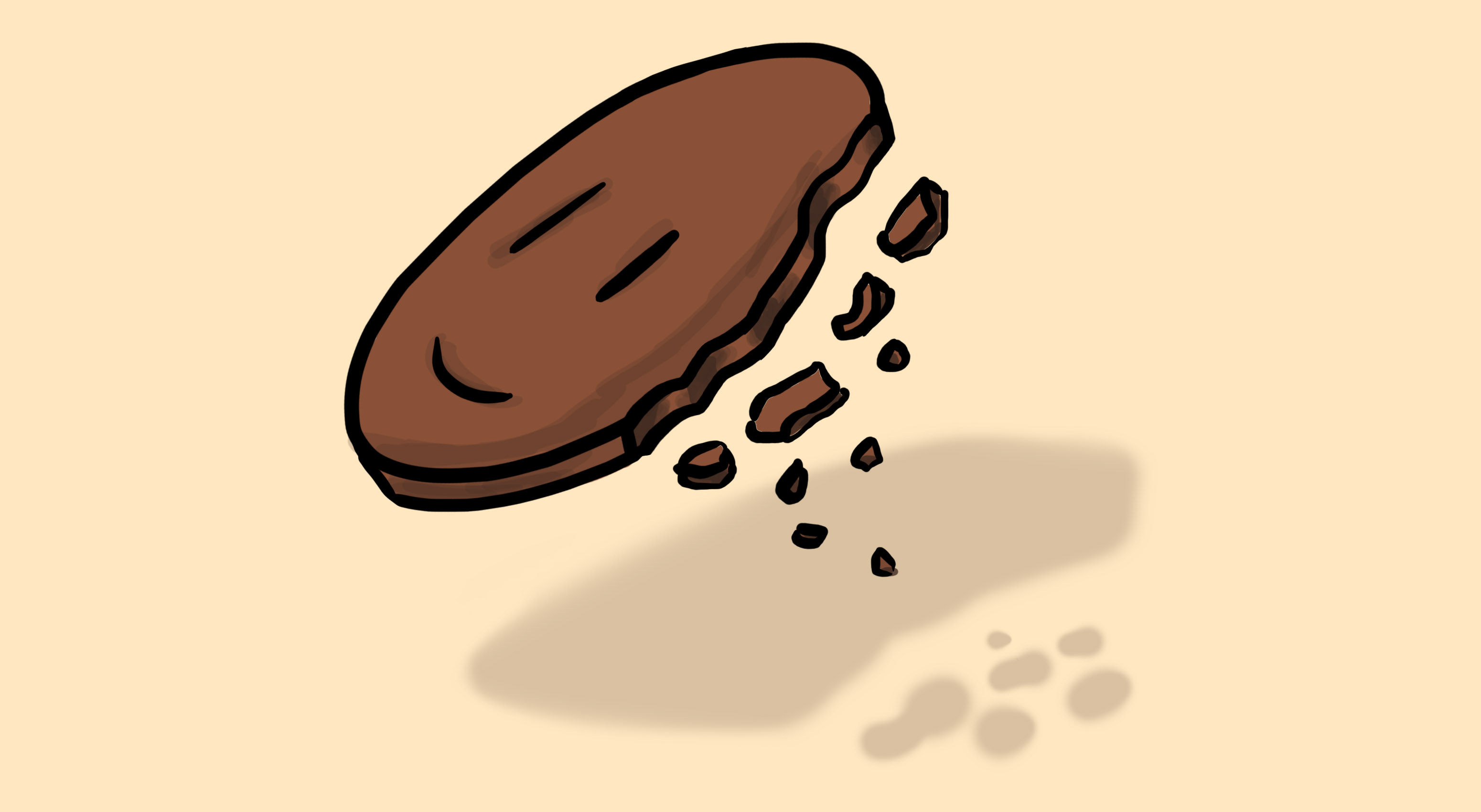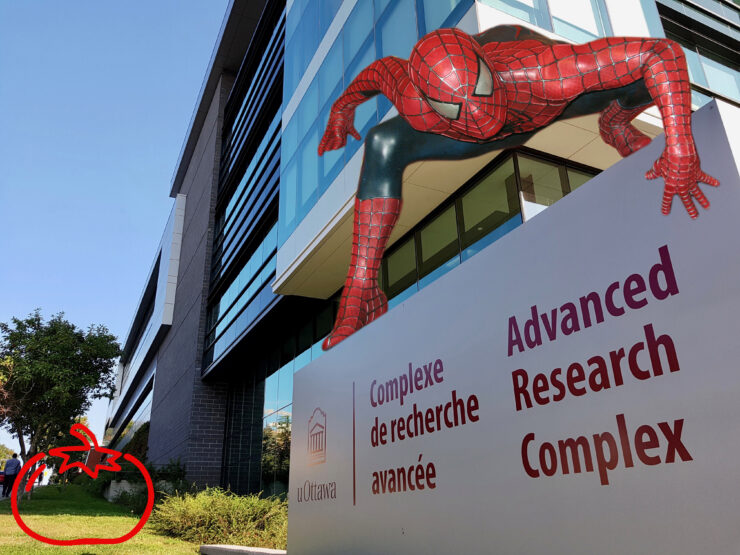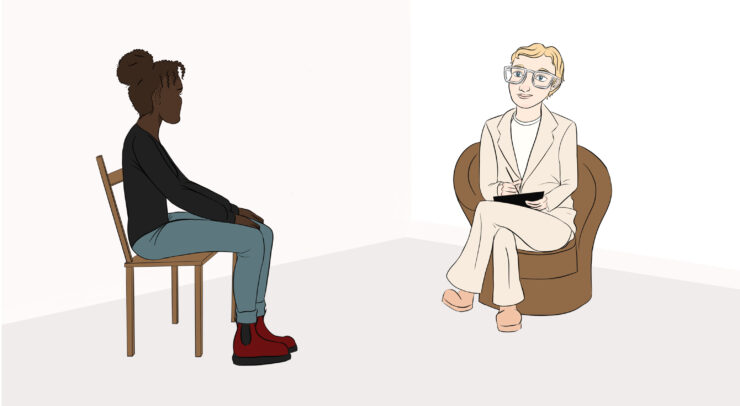No, you’re not “so OCD”
I don’t have Obsessive Compulsive Disorder (OCD). This is something I need to start with as there are probably a million stereotypes I may be missing, or parts of the disorder I don’t understand.
That being said, two of the closest people in my life—my partner and my father—both have OCD, which makes it a disorder that is particularly close to my heart. It is also a disorder that people talk about a lot (if you haven’t said that you’re “so OCD” at least once in your life, you at least know someone that has), but don’t understand. I’d like to break this down and discuss it so you understand how OCD really affects people—and why it’s not the joke that people tend to think it is.
First, let’s start with one of the most common misconceptions about OCD—that it is simply a desire to like things a certain way. I’m sorry to break it to you, but you cannot be “so OCD.” First, that grammatically makes no sense. But the worst part of this common phrase is how it downplays the seriousness of this disorder.
Just like saying “I’m going to kill myself” in a joking way, or “I’m so depressed” when you’re a bit sad, saying that you’re “so OCD” implies that OCD is a not a disorder but simply a habit or act that everyone experiences. OCD is a serious disorder that can have significant impacts on the people who have it—it’s much more than liking an organized desk and being particular about how you format your essay.
Having OCD can have serious impacts on your own life and those around you, and downplaying it can make those who have experienced it—either themselves or through others—feel misunderstood and like they are not being taken seriously.
Another misconception is that the disorder simply involves an obsession with certain things, commonly counting or cleaning. OCD can involve obsessions like these, but thinking of it this way misses out on an extremely important part of the disorder—the compulsions.
Growing up with a parent with OCD meant dealing with these compulsions all the time. Just like many mental health disorders require an understanding and patience from those around you, OCD also requires this and is often ignored because it’s not as “popular” of a mental health disorder.
This can be especially challenging as a child. I didn’t understand why my father’s hands were always cracked from cleaning them compulsively or why he would check the door multiple times throughout the night to ensure it was locked. These seemingly small actions can have larger impacts on your health—both physical and mental—and the lives of those around you.
OCD is not a joke, and it’s not about loving organization. It’s a disorder that temporarily pushed my family apart, but also made my father one of my biggest supporters when I found out I had generalized anxiety disorder, since anxiety is such a large part of the OCD.
If you have OCD, remember there are people out there who understand you. And if you have a loved one or know someone who has been diagnosed with OCD, support them by informing yourself and calling people in when they make jokes about it. We can only fight the stigma of mental health if we fight it together—and fight for all people, no matter the disorder they experience.
Want to learn more about OCD? Check out AnxietyBC’s article on OCD.





